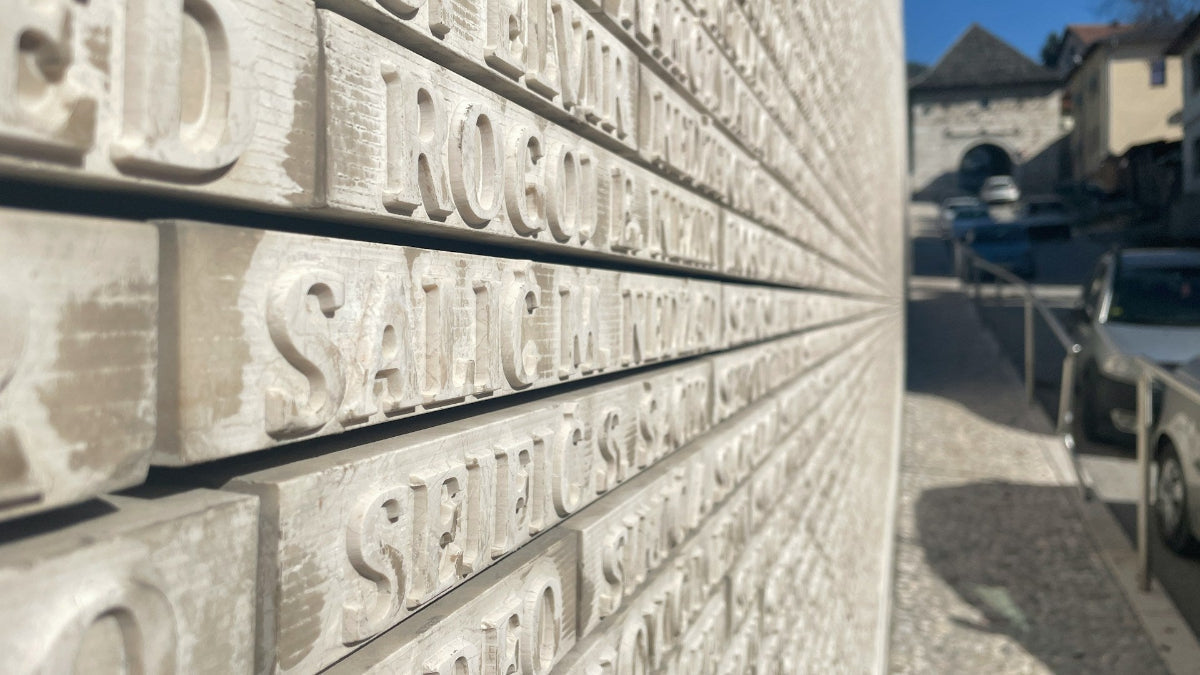This blog article is one in a series to help you get the most out of your reading.
Did you know that names of characters are one important way that literary artists encode meaning in their works? Once you understand how names function in literature, you will have an important key to unlocking the deeper meaning to the stories you love.
Take a signal example: one of the most iconic villains in cinema history is Darth Vader from the Star Wars franchise. He makes his ominous entrance in the first 2 minutes and 15 seconds of the blockbuster movie A New Hope. Viewers who don’t understand literary names will have to wait for the second movie three years later to know more than they will discover in a surface view of the first film. Those who do understand about literary names might just hear the Dutch “Vader” closely related to the English “Father” (V has something like an F sound in Germanic languages). Father? Whose father can he be? Perhaps the orphan Luke Skywalker’s? What is Darth Father? Dark Father? It is not too many steps away from that memorable scene late in the sequel when Darth Vader reveals that very fact, with Luke crying out in response, “No, that’s not true … Nooooo!”
How about Melville’s “Billy Budd” in which the titular character lacks the hard-heartedness that many of his fellow and more experienced sailors possess? He is, as Melville names him, nature in the “bud” before it reaches full maturity or, worse, is spoiled. The wicked antagonist who sets himself against everything that Billy Budd is and represents is one John Claggart, the ship’s Master-at-Arms. Here again, word hints and associations buzzing around names are suggestive. Clag is either glue or paste, or even smoke or smog; to clag, in the verb form, is to mire down as in the mud. Here already in the names of these two characters, we have the story in miniature, counterforces meeting whose dramatic potential is ready to burst into action.
Names are vitally important in literature. Think of the Bible and the meaning of names there. God takes Abram, which means “exalted father,” and changes it to Abraham, which means “father of a multitude.” This name change occurs, of course, on the occasion of God’s promise to Abraham that he would “multiply [him] exceedingly.” Abraham, as it were, grows into his name as he learns to believe God. God renames Jacob, whose name means “grasper” or “deceiver,” after a long trial with his brother and Uncle Laban that culminates in one night of wrestling with God. God gives him a new identity when he renames him Israel, which means “one who struggles with God.” For, as the Angel of the Lord, tells him, “you have striven with God and with men, and have prevailed” (Genesis 32:28, ESV). Israel now renames the very ground on which he stands, calling it “Peniel,” for “I have seen God face to face.…”
The deep significance in names is evidenced across the ancient world and continues to today. Roman authors called this the “nomen omen,” meaning “the name is the sign of meaning.” Modern parents go to great efforts to select names of meaning for their children. Learn what your name means. That is a good place to begin.
Then become a student of names. Learn why John Milton calls his one righteous seraph “Abdiel” in Paradise Lost. Reflect on why George MacDonald calls his protagonist Mr. Vane in Lilith. Think about why Flannery O’Connor calls one character Shiftlet in “The Life You Save May Be Your Own.” Learn all of these things and more. Open yourself to meanings in names in literature and ways in which authors take you deeper into their stories.
The stories you read are closed books—or half closed—if you lack this important key to open them fully to your imagination.




